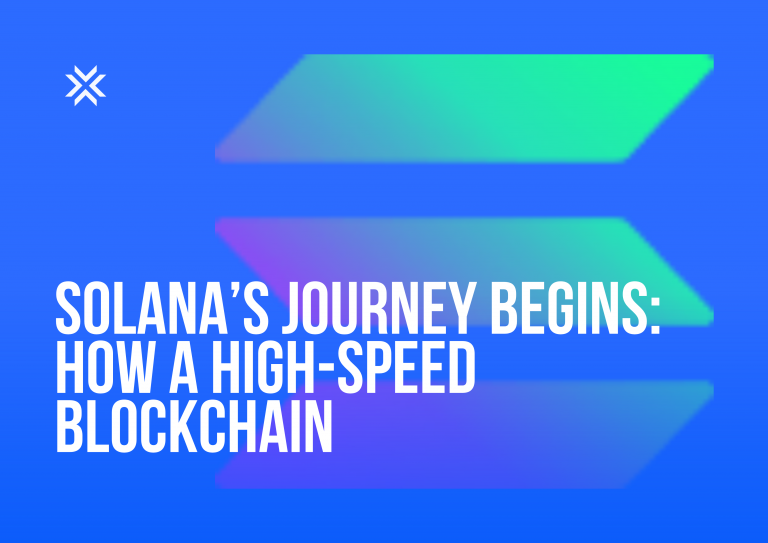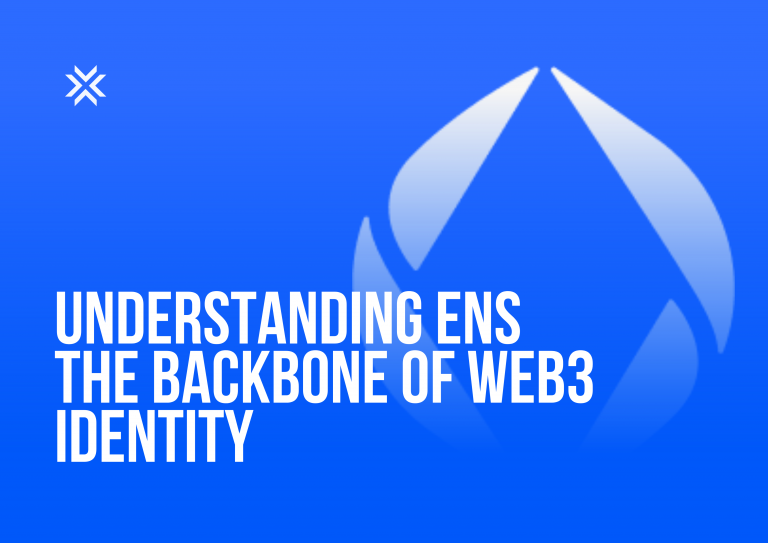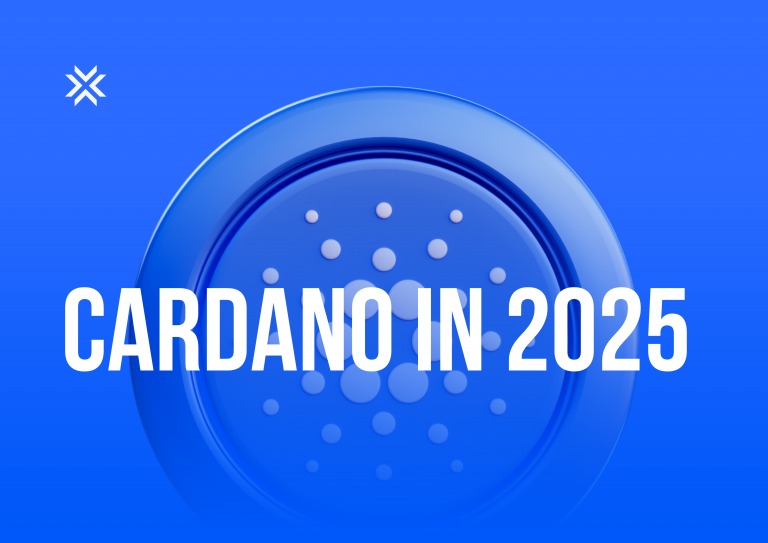To say that digital securities have come a long way is an understatement as the global blockchain community continues to see its progression. Furthermore, securities are the future assets’ digitization, especially in the wake of the COVID-19 pandemic. Counting over one year down the line, the virus crippled national economies and people’s livelihood. As the numbers hit over 118 million infected persons, introducing a vaccine is a hopeful way out for many. However, the digital world thrives on the same condition to expand.
More and more regions seek different avenues to enable the tokenization of assets, digital or otherwise. Liechtenstein seems to be at the frontline in taking necessary steps towards presenting the best environment to support digital securities. At the beginning of the year, the region actively adopted the Blockchain Act, creating regulated bases for blockchain technology. In that way, the laws might come a long way in improving blockchain and its adoption globally. Therefore, what makes the Blockchain Act worth looking at?
Looking into The Blockchain Act
The road to achieving the completion of the Blockchain Act has been long. The new blockchain law is originally under the name Token and TT Service Providers Law (TVTG). The TT acronym stands for Trustworthy Technology, embracing both blockchain and Distributed Ledger Technology. In its element, the new laws are here with the expectations of transcending from the traditional realm into the digital world. Its Token Container Model hoped to allow for the tokenization of most assets once it came to fruition.
It all began in 2016 with the start of a workgroup, later developing the Knowledge Idea Token Container Model in 2017. The following year introduced the first announcement for the project; as required for every law, the government published the public consultation report that would go on for three months. Afterward, the process findings would help implement more changes to the laws—2019 issued in the first and second hearings of the proposed law in the Liechtenstein parliament. Finally, in January 2020, the Parliament approved and adopted the Blockchain Act as an all-inclusive law regulating the token economy.
What Is The Primary Target of The Blockchain Act?
The Blockchain Act aims at bringing trust and efficiency to all blockchain users. Moreover, it hopes to provide a regulated framework for all token-related activities within its region. However, it does not mean that other areas cannot embrace the law to improve their ecosystems. Against most assumptions, the Blockchain Act will not focus only on the financial sectors; it will go beyond, into transport, real estate, energy, supply chain management, communication, and more.
In that case, the Blockchain Act does not look to govern token issuance, sale, and distribution only. Though security token offerings (STOs) are a significant area to look into, Liechtenstein derives its drive from building a futuristic economic model; the token economy. In turn, it can expand these systems for seamless and cheaper transactions throughout the blockchain industry. The increasing adoption of the technology brings about the need for a well-constructed structure to enable secure and straightforward blockchain activities.
The regulatory structure will require all blockchain-based companies to follow essential crypto compliance and banking regulations. Besides being an enforcement figure, it also goes beyond to ensure all asset holders and investors’ protection. Through the Token Container Model, investors will rest easy knowing that there is the monitoring of all token transactions combined with the implementation of civil law.
The Token Container Model
The Token Container Model thrives as an essential pillar of the Blockchain Act. It defines every token as a container holding a widespread coverage of rights. In that case, a successfully registered party can use the container to hold rights to represent different real-time assets, including real estate, precious metal, money, access rights, and more. The endgame is to differentiate between the rights and assets of the technology itself. Even though all regulations remain constant, there is a rights’ variation depending on the nature of a token.
A crucial idea of the model is the management of tokens without dealing with physical assets. A good example is an investor owning properties. Breaking it down into the tokenized system, they can possess the property partially or wholly. Furthermore, they can transfer ownership of their rights to another party by transferring their token ownership. This idea proves that a token is a container holding both the rights and assets involved. Investors can use the model to mitigate risks in their ventures by tokenizing entire investments into fractions.
The blockchain laws Liechtenstein define an innovative role for tokenization of assets. The “physical validator” connects the physical and digital world, maintaining a legal bridge between both. The validator needs to verify the ownership and rights that surround tokens in a liable role. In that way, they also get information concerning real-time assets and establishing the proper contractual regulations. The physical validator also holds the responsibility and liability to ensure physical assets’ safety and correct any discrepancies that surround any damages to the same. From this knowledge, the physical validator has to level up and handle every role cautiously to avoid losing license in the future.
Liechtenstein, Known for Its Hidden Champions
The Liechtenstein Financial Market Authority (FMA) plays an important role in implementing the Blockchain Act in both the physical and digital world. The body ensured the success of the financial and banking sector in the past, making it a reliable entity to handle the Blockchain Act’s enforcement. Similarly, the body is well-versed in AML and KYC compliance putting it in a better position to take on local and international blockchain systems.
Under the Liechtenstein laws, and besides some exceptions, all crypto-related companies and blockchain service providers have to register and get regulatory to run their business. Although the government presented the new blockchain laws as a “light framework”, we learned that the process is long, complex and the due diligence requirements for KYC and AML are the same as for any financial institution or bank. Due to the complexity several startups moved out of the country or have closed their business and we noticed that some well-known crypto companies, such as Bitcoin Suisse or TenX, are completely missing in the public FMA registry and their legal status is unknown. In summary, the new blockchain laws create a big USP for all companies who successfully finished the process, but also create a large market entry barrier for any new fintech companies.
LCX.com Embraces The Blockchain Act As a New Category Leader
LCX.com, the Liechtenstein Crypto-assets Exchange, is the first service provider who gained 8 registrations out of 11, more than Bank Frick or Bittrex Cryptocurrency Exchange. LCX targets the “tokenization of everything” under a well-regulated environment. Its infrastructure hopes to maximize the advancement of blockchain and crypto-assets as a whole.
LCX.com is a new category leader in the blockchain industry, offering LCX Exchange, their LCX DeFi terminal and second layer DeFi protocol to enable limit orders on Uniswap, a vault, an exchange, and a compliant token issuance platform. Another interesting fact is its possibility to handle and license processes in the token economy, as explained by the Blockchain Act; hence, the exchange will enable trading and digital assets transactions.
Embracing the Blockchain Act enables the exchange to function in the broader space as the new laws integrate other countries’ blockchain regulations. LCX ties its financial scope to Switzerland and the European Economic Area, providing extensive market access to all users. Additionally, it supports both crypto and fiat investments, eliminating any limitations. In its opinion, adopting the Blockchain Act is a step further into the mainstream adoption of crypto, blockchain, and tokenization of assets.
Promising Future Outlook
Liechtenstein is a role model to all countries who wish to progress their blockchain systems in every sector. The country is a leading financial giant and one of the wealthiest countries in Europe. The Blockchain Act’s creation and adoption is an essential driver of its vision to dominate as the preferable blockchain and digital assets hub.
Introducing a regulated environment for all companies and investors to provide reassurance as far as safety is concerned. Eventually, Liechtenstein hopes that everyone will warm up to the advantages that a tokenized system will present, bringing them closer to a full token economy. As a member of Moneyval (FATF), a AAA rating by Standard & Poor’s and direct market access to Europe and Switzerland, Liechtenstein’s move may be the wake-up call for other jurisdictions to create a comprehensive blockchain framework as well.








